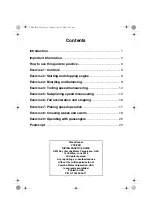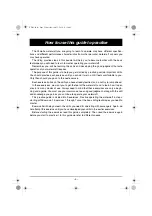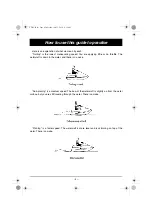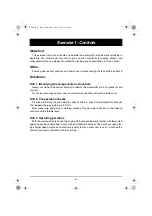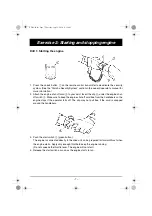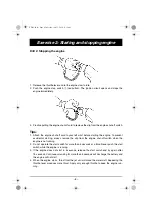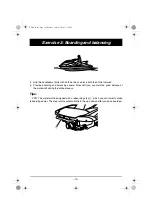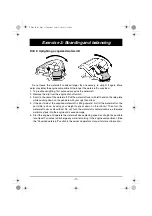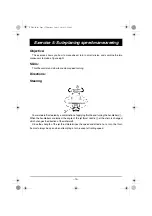Summary of Contents for VXS
Page 1: ...RIDING PRACTICE GUIDE LIT 18552 00 71 U S A Edition WaveRunner VXS VXR ...
Page 2: ...E_F2M 10 fm Page 23 Thursday July 15 2010 11 15 AM ...
Page 26: ...E_F2M 10 fm Page 23 Thursday July 15 2010 11 15 AM ...
Page 27: ...E_F2M 10 fm Page 23 Thursday July 15 2010 11 15 AM ...
Page 28: ...Printed in USA July 2010 0 2 1 CR F2M F819T 10 E YAMAHA MOTOR CORPORATION USA ...



